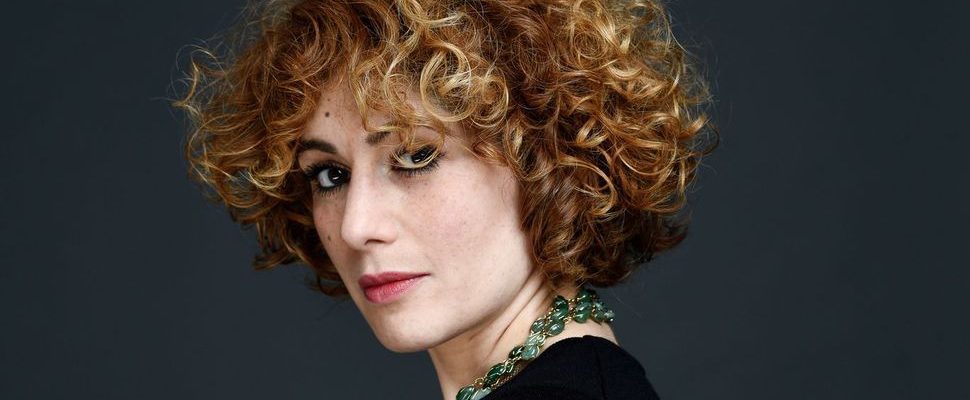Once upon a time there was an ordinary Parisian family. The mother, the father, the 12-year-old girl and the 6-year-old boy live in a middle-class district of Paris. They are shopkeepers, happy, bon vivants, Madame loves reading, Monsieur loves the cinema and, every Sunday, they meet at the grandparents’ house, Spanish immigrants, he having worked as a restaurateur, she as a nurse until their retirement. The family is united, laughter a politeness, the children blooming, the couple solid. They celebrate Christmas like everyone else, Easter a little more than the others, the children are baptized, the communion is as you wish, the pressure absent, God, present without more.
The children follow their schooling in good public schools in the neighborhood near their business where life is good, the parents help the children as best they can, the latter pay them back with good grades and good attendance.
One fine day in November, the young girl refuses to eat meat, she now calls herself a vegetarian. It amuses everyone, it’s his age. She has always been sensitive. The grandfather is slightly overwhelmed: for him, it was a source of pride to serve meat to their children, when the money was short. But he does not overwhelm her, prefers to play humor by serving her a “tomato steak” or an “eggplant hamburger”. The young girl smiles less and less, no longer watches her father’s favorite westerns with her family, becomes exasperated, even leaving the family table, protesting against the dismissal to her country of origin of an anti-Semitic imam. The mother, who has never searched through her daughter’s belongings, is worried enough to look in her cell phone: all the faces in the photos are crossed out, particularly that of the little brother, exchanges of messages with friends whom she does not know focus on “Allah, provider of happiness and husband”, a just God, who protects the victims and fights the unbelievers colonialists and slavers.
College complacent
The mother plays complicity with her daughter, to whom she has always been close, and questions her about her beliefs. The schoolgirl turns on herself, refuses to discuss with a woman who has divorced, who has become a whore, because she has not respected her vows of loyalty.
The destitute mother stands in a cafe, hidden from view, in front of the teenager’s college, where she notices a group of three fully veiled women in their forties who are chatting with her daughter and other schoolgirls. … veiled! She decides to refer to the director of the college, fully aware of what is going on in her establishment: “Yes, it is the sixth case of conversion, but we did not consider that it was enough serious to inform the rectorate. You know, she is a young girl from a difficult neighborhood whose father is polygamous, she lacks bearings, it was she who convinced them to veil themselves, outside the establishment, well heard! You have to understand it, it’s a way of making friends! You have to be more open. They’ll be okay with it.” The mother is suffocated.
Antisemitic remarks
The young girl’s speech becomes radicalized, her anti-Semitic remarks accumulate, the family breaks up, the little brother can’t sleep any longer. The parents then call on the de-radicalization service of the Pitié-Salpêtrière. A month later, the girl refuses to eat at the family table and to kiss her family members. Then she announces that her shrink will accompany her to the mosque for her conversion. The mother decides to call the psychologist and, instinctively, records the conversation. The psychologist attacks her by calling her an Islamophobe, assures her that her daughter is fine, that she has the right to choose her religion, and that she is the one who has a problem with Muslims… and that, yes, she will accompany him to the mosque, since his parents are unable to understand and help him. Two months later, the mother makes a suicide attempt.
Once upon a time there was a true story. An ordinary Parisian family caught in the nets of Islamist separatism. Once upon a time there was an insidious evil that sets in, helped by cowardice, supported by fears, carried by indifference. Once upon a time, there was an ordinary and joyful Parisian family abandoned by the public authorities. Once upon a time there was a tragedy in the land of the consenting blind.
* Abnousse Shalmani is a writer and journalist committed against the obsession with identity
